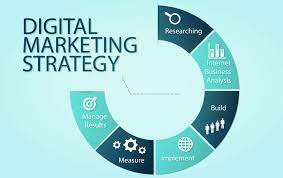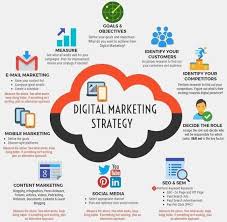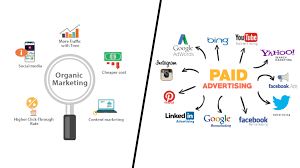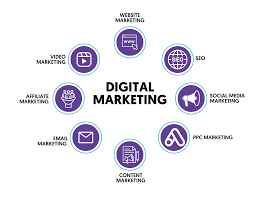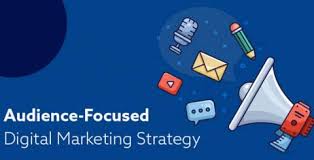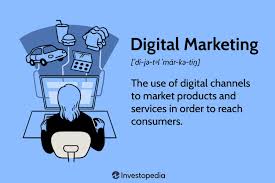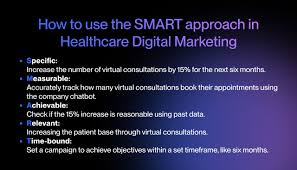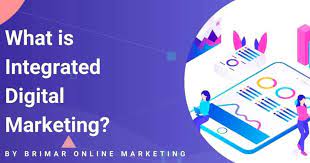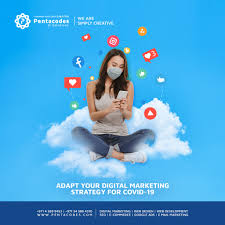The Power of a Well-Crafted Digital Campaign Strategy
In today’s fast-paced digital landscape, having a well-crafted digital campaign strategy is essential for businesses looking to reach their target audience effectively. A digital campaign strategy encompasses a series of coordinated actions designed to achieve specific marketing goals using online platforms and tools.
Key Components of a Digital Campaign Strategy
A successful digital campaign strategy typically includes the following key components:
- Goal Setting: Clearly define the objectives you want to achieve through your digital campaign, whether it’s increasing brand awareness, driving website traffic, generating leads, or boosting sales.
- Target Audience Identification: Understand your target audience’s demographics, interests, online behaviour, and preferences to tailor your messaging and content effectively.
- Channel Selection: Choose the most appropriate digital channels (such as social media, email marketing, search engine marketing) based on where your target audience is most active.
- Content Creation: Develop compelling and relevant content that resonates with your audience and aligns with your campaign goals.
- Implementation Plan: Create a timeline and detailed plan for executing each aspect of your digital campaign strategy, including tasks, responsibilities, and deadlines.
- Monitoring and Analysis: Monitor the performance of your campaign in real-time using analytics tools to track key metrics (e.g., engagement rates, click-through rates) and make data-driven adjustments as needed.
The Benefits of an Effective Digital Campaign Strategy
An effective digital campaign strategy offers numerous benefits for businesses:
- Increased Brand Visibility: By reaching your target audience through various online channels, you can enhance brand visibility and recognition.
- Targeted Reach: Tailoring your messaging to specific audience segments allows you to connect with potential customers who are more likely to engage with your brand.
- Data-Driven Decision Making: Access to real-time data enables you to track the performance of your campaigns and make informed decisions based on actionable insights.
- Cost-Effectiveness: Compared to traditional marketing methods, digital campaigns often offer a higher return on investment due to their ability to target specific audiences more precisely.
In Conclusion
A well-crafted digital campaign strategy is a powerful tool for businesses seeking to enhance their online presence, engage with their target audience effectively, and achieve measurable results. By carefully planning each element of your digital campaign strategy and continuously evaluating its performance, you can maximise the impact of your marketing efforts in today’s competitive digital landscape.
Essential Tips for Crafting an Effective Digital Campaign Strategy
- Define clear goals and objectives for your digital campaign.
- Understand your target audience and tailor your content to their preferences.
- Utilize various digital channels such as social media, email marketing, and SEO to reach a wider audience.
- Monitor and analyse key performance indicators (KPIs) to track the success of your campaign.
- Stay updated with the latest digital marketing trends and technologies to stay ahead of the competition.
- Engage with your audience through interactive content, contests, and surveys to build brand loyalty.
Define clear goals and objectives for your digital campaign.
Defining clear goals and objectives for your digital campaign is crucial to its success. By clearly outlining what you aim to achieve, whether it’s increasing brand awareness, driving website traffic, generating leads, or boosting sales, you provide a roadmap for your campaign activities. Clear goals help focus your efforts, measure performance effectively, and ensure that every element of your campaign aligns with your overarching objectives. This clarity not only guides the strategic direction of your digital campaign but also enables you to track progress and make informed decisions based on tangible outcomes.
Understand your target audience and tailor your content to their preferences.
To create a successful digital campaign strategy, it is crucial to understand your target audience thoroughly and tailor your content to meet their preferences and interests. By gaining insights into the demographics, behaviours, and preferences of your audience, you can create content that resonates with them on a personal level. This targeted approach not only increases engagement but also enhances the effectiveness of your campaign in reaching and connecting with the right audience.
Utilize various digital channels such as social media, email marketing, and SEO to reach a wider audience.
To maximise the reach and impact of your digital campaign strategy, it is crucial to leverage a diverse range of digital channels. By utilising platforms like social media, email marketing, and SEO, you can effectively connect with a broader audience and engage with them on multiple fronts. Social media offers a dynamic space for interaction and brand visibility, while email marketing allows for targeted messaging directly to your audience’s inbox. Additionally, implementing SEO strategies can improve your online visibility and attract organic traffic to your website. By incorporating these different channels into your campaign strategy, you can extend your reach and increase the likelihood of reaching and resonating with a wider audience.
Monitor and analyse key performance indicators (KPIs) to track the success of your campaign.
Monitoring and analysing key performance indicators (KPIs) is crucial in evaluating the success of your digital campaign strategy. By tracking metrics such as engagement rates, click-through rates, conversion rates, and return on investment (ROI), you can gain valuable insights into how well your campaign is performing and make data-driven decisions to optimise its effectiveness. Regularly reviewing KPIs allows you to identify what is working well and where improvements are needed, helping you refine your strategy for better results in reaching your marketing goals.
Stay updated with the latest digital marketing trends and technologies to stay ahead of the competition.
To stay ahead of the competition in the realm of digital campaign strategy, it is imperative to stay updated with the latest digital marketing trends and technologies. By keeping abreast of industry developments, businesses can adapt their strategies to leverage new tools and techniques effectively. Embracing innovation and staying informed about emerging trends not only allows companies to remain competitive but also positions them as leaders in the ever-evolving digital landscape.
Engage with your audience through interactive content, contests, and surveys to build brand loyalty.
To enhance the effectiveness of your digital campaign strategy, it is crucial to actively engage with your audience through interactive content, contests, and surveys. By incorporating elements that encourage participation and feedback, such as quizzes, polls, and giveaways, you can create a more dynamic and interactive experience for your audience. This not only helps in fostering a sense of community but also cultivates brand loyalty by establishing a deeper connection with your customers. Interactive content allows for two-way communication, enabling you to better understand your audience’s preferences and interests while building trust and loyalty towards your brand.

